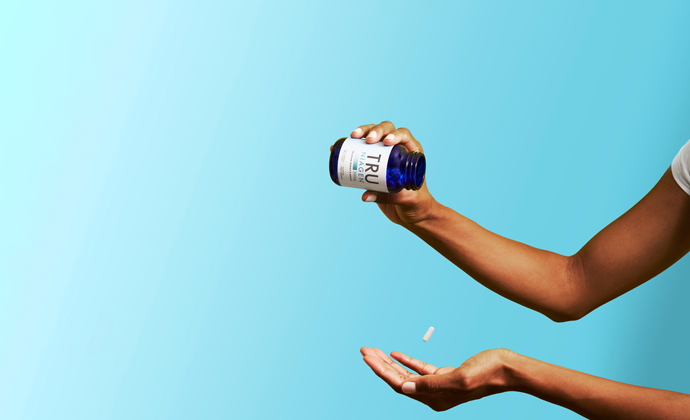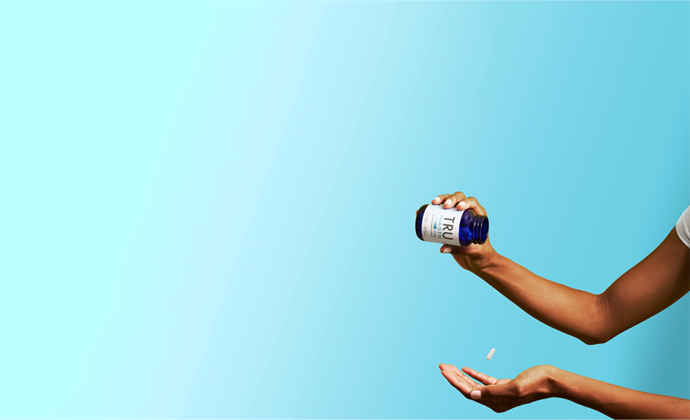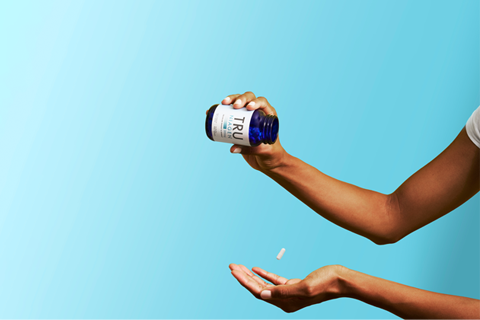What Does “Nature-Identical” Mean?
Imagine two molecules. One molecule exists in the natural world. The other is made in a lab. There is no structural or chemical difference between the two. Under a microscope and in the body, they look and behave the same, despite their contrasting origins.
When a man-made molecule structurally mirrors a naturally occurring molecule, it is referred to as “nature-identical.”
Why are nature-identical compounds important?
Our cells can do it all— repair, rebuild, defend, and energize. They’re our smallest, hardest working parts.
Surprisingly, our cells are also a bit naive. While cells’ nuclei act as command centers, cells are guided by biological signals rather than a formal consciousness.
Cells can’t tell the difference between a natural molecule and its man-made doppelganger.
However, scientists have extensive experience with naturally-occurring nutrients. They understand the risks, benefits, and chemistry that defines these molecules. They understand how the human body typically responds. And they can use this knowledge to amplify the power of a natural molecule.
The potential of nature-identical substrates can be of enormous benefit to your health. Creating a nature-identical molecule can make a nutrient or vitamin more easily obtainable.
Natural and nature-identical sources of nutrients.
The human body rarely produces micronutrients in ideal quantities. A nutrient must often be obtained externally (as food or a supplement) to achieve adequate levels. Commercial vitamins and supplements are typically nature-identical molecules that help to provide the sufficient quantity of a nutrient your body needs.
Take vitamin C, for example. “Humans, unlike most animals, are unable to synthesize vitamin C endogenously” (within their own bodies). Vitamin C is a vital dietary component for immune function and protein metabolism. It is widely used and is available in dietary supplements and in foods like oranges, strawberries, and broccoli. Your cells, and your body at large, uses nature-identical and citrus-sourced vitamin C in the exact same way.
Some nutrients can be more challenging to obtain solely through organic material.
Nicotinamide riboside is an example of a naturally-occurring nutrient whose nature-identical form may offer a unique convenience.
Nicotinamide riboside (NR) in nature.
Nicotinamide riboside is a form of vitamin B3. This molecule increases the production of NAD+ in all cells. Your mitochondria, the powerhouses within each cell, use NAD+ to generate the energy that powers cellular function and repair. Every cell needs NAD+ to perform properly, and as natural NAD+ production declines with age, our energy and functions experience the same slow-down.
Nicotinamide riboside is naturally present in milk (and avocados to a lesser extent). To receive an ideal serving of nicotinamide riboside from purely natural sources, you would have to drink more than 1000 glasses of milk per day.
This quota would be difficult to achieve. Also, for lactose-intolerant consumers, even a single glass of milk can be unpleasant. Fortunately, nicotinamide riboside is commercially available for the consumer in a nature-identical form called Niagen®. A single, 300mg serving of Niagen® provides a sufficient daily value of nicotinamide riboside for any adult.
Doesn’t nature-identical just mean synthetic?
Nature-identical molecules are synthesized in a laboratory and are created by scientists. Yet nature-identical is not a perfect synonym for synthetic.
While molecules like Niagen® are synthesized, they are identical chemical replicas of a naturally-occurring molecule. The same is true for the most popular nutrients on the market, like vitamin C and vitamin E.
However, new molecules can be created without using an existing ingredient as a guide.
Whether a synthetic molecule is nature-identical depends on the process involved in its creation.
Are synthetics unhealthy?
Synthetic molecules are not inherently unhealthy.
Many of the health products we rely on are synthetic, from vitamins to medications, to sports products.
In fact, most medications are entirely synthetic. When you reach for an over-the-counter painkiller like acetaminophen or ibuprofen, you are easing symptoms with a man-made product.
The safety of a product will depend on the characteristics of the substance. A question you need to ask yourself as you shop: “Is this molecule’s compatibility with my health fostered by rigorous science?”
Clinical testing, quality control, and good manufacturing practices all lower the margins of error on a health product.
Synthetic is a neutral term. Whether a synthetic ingredient is healthy or unhealthy depends on the characteristics of the ingredient, the manufacturing process, and the unique needs of the consumer. Synthetic molecules can be genuinely beneficial, as long as they are scientifically validated.
How do nature-identical molecules benefit me?
Used correctly, nature-identical ingredients can add another line of support to your health routine.
To get the most out of your nutrients, increase your consumption of vitamin-rich whole foods. Where further aid is needed, opt for a nature-identical supplement to fill in nutritional gaps. Natural and synthetic micronutrients can work together to give your system the best support.
When it comes to your health, always trust expert information, and remain curious about your unique nutritional needs.
Ultimately, nature-identical substances contribute to the accessibility of good health.
Related Posts
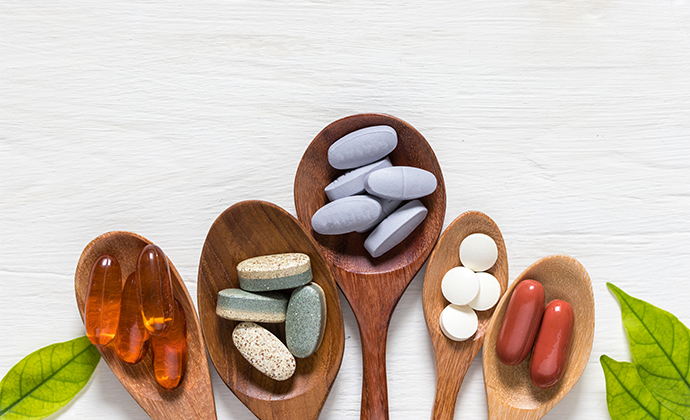


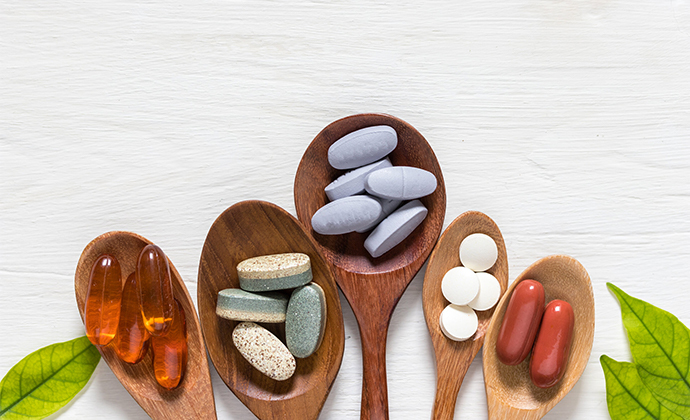
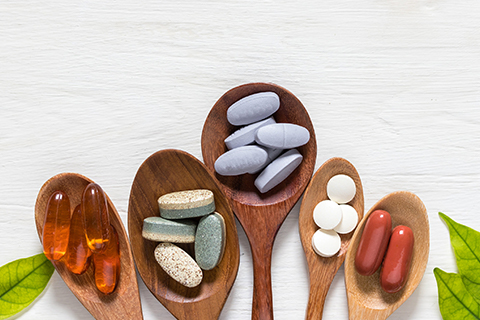
What Is a Dietary Supplement?





Micronutrient vs. Macronutrient vs. Cellular Nutrient
